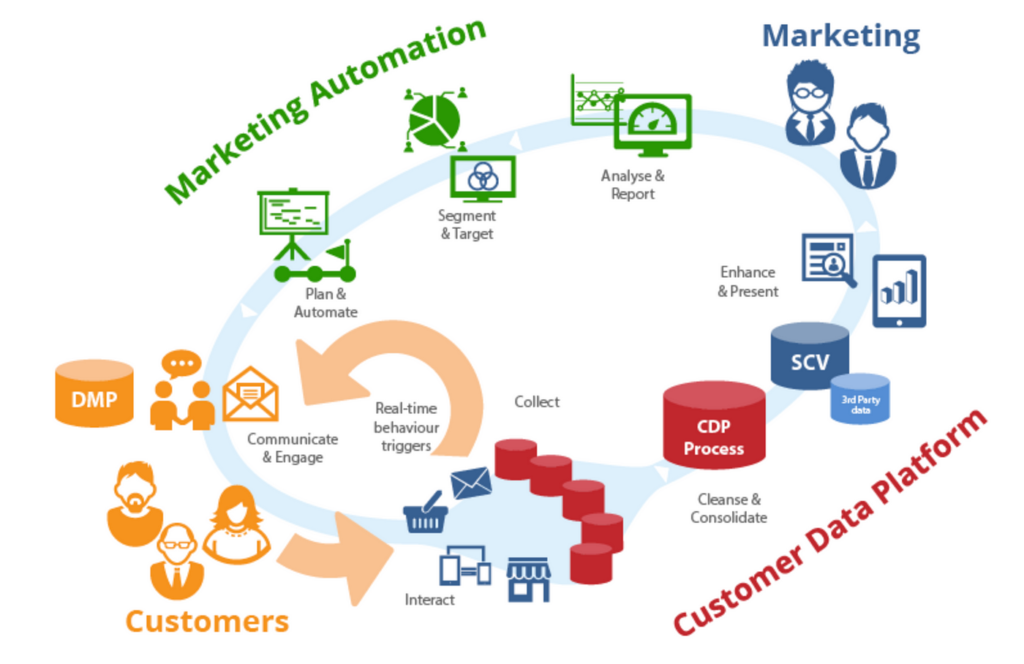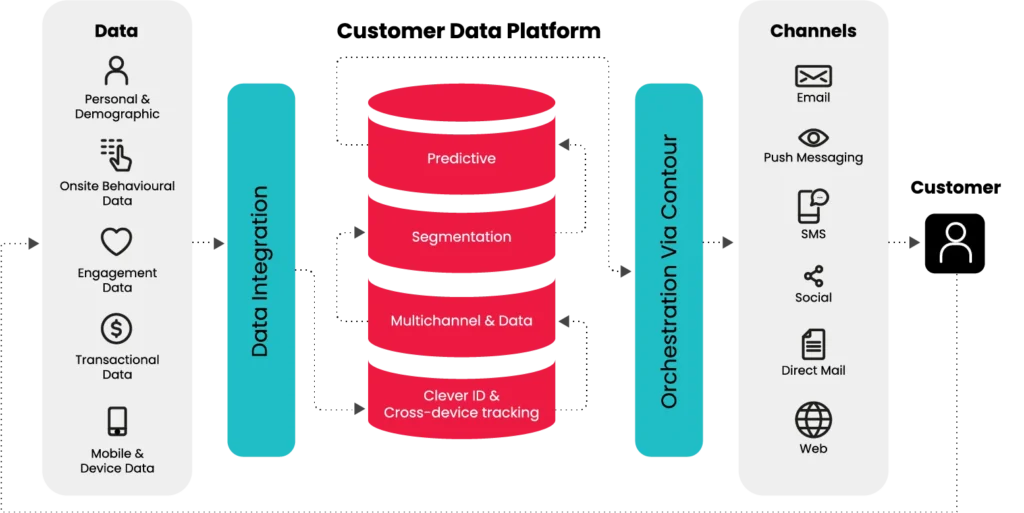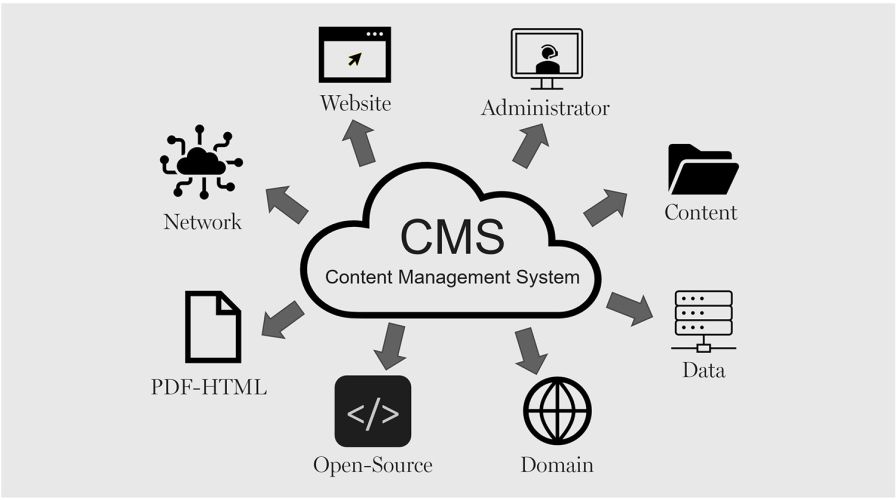A customer data platform (CDP) is an advanced customer data management software solution consisting of a centralized database with the ability to ingest, integrate, manage, and deliver customer data to other technology solutions in order to personalize the customer experience (CX) at scale.
According to Gartner, in the first-ever Magic Quadrant for Customer Data Platforms (Get a complimentary copy of the report here, courtesy of Treasure Data.), a CDP is defined as “software applications that support marketing and customer experience use cases by unifying a company’s customer data from marketing and other channels. CDPs optimize the timing and targeting of messages, offers and customer engagement activities, and enable the analysis of individual-level customer behavior over time.”
Customer Data Platform (CDP) services offer a way for businesses to centralize and manage all their customer data from various sources. Here’s a breakdown of what CDP services do:
Customer Data Platform Unification:
- CDPs gather customer data from multiple touchpoints, such as websites, mobile apps, social media, email marketing, and even offline interactions.
- This data can include demographics, purchase history, website behavior, and support interactions.
- By unifying this data, CDPs create a single, holistic view of each customer.

Building Customer Profiles:
- Customer Data Platform don’t just store data; they analyze it to create unified customer profiles.
- These profiles go beyond basic demographics and include a complete picture of a customer’s journey with your brand.
- This allows you to understand customer preferences, buying habits, and overall sentiment.
Actionable Insights:
- With a unified view of your customers, CDPs provide valuable insights into their behavior.
- You can identify trends, segment your audience into specific groups, and predict future behavior.
- These insights can be used for various purposes, such as targeted marketing campaigns, personalized customer experiences, and improved product development.

Customer Experience (CX) Personalization:
Customer experience (CX) personalization is vital in ensuring that each client gets the service that meets their individual needs. This involves the ethical collection of necessary information, the use of this information to break up the market into segments based on what “value” means to them, and the implementation of plans and tools to bring that value to as many customers as possible.
- One of the key benefits of CDPs is the ability to personalize the customer experience.
- With a deep understanding of your customers, you can tailor your marketing messages, product recommendations, and support interactions to their individual needs and preferences.
- This leads to higher customer satisfaction, loyalty, and ultimately, increased revenue.
CX Personalization Operating Model
| 1. Information Gathering | 2. Segmentation of Customers | 3. Build Out a Team | 4. Implement the Right Tools |
| Utilize surveys, tickets, and industry research regarding every step of the customer journey to develop an understanding of consumer needs, expectations, and common frustrations. | Segment customers based on what they value the most to identify the primary goals of each major archetype of customer in the industry. | Develop the staffing infrastructure necessary to implement changes that align with the values of the major segments of the customer base. | Utilize the proper software tools necessary to track, update, organize, and react to customer insights to personalize CX in a consistent and reliable manner. |
Key Differences from Data Management Platforms (DMPs):
- While Customer Data Platform (CDP) Services and Data Management Platforms DMPs both collect customer data, they differ in their focus.
- DMPs are primarily used for advertising purposes and rely heavily on anonymous data like cookies and device IDs.
- CDPs, on the other hand, prioritize known customer data (Personally Identifiable Information or PII) to build a complete picture of the customer.
Conclusion
By implementing a Customer Data Platform CDP, businesses can gain a comprehensive understanding of their customers, personalize marketing campaigns, and optimize sales strategies. This translates to increased customer satisfaction, improved brand loyalty, and ultimately, business growth.
Overall, Customer Data Platform services empower businesses to leverage their customer data to deliver a more personalized and effective customer experience. This can lead to improved customer relationships, increased sales, and a competitive advantage in the marketplace.





